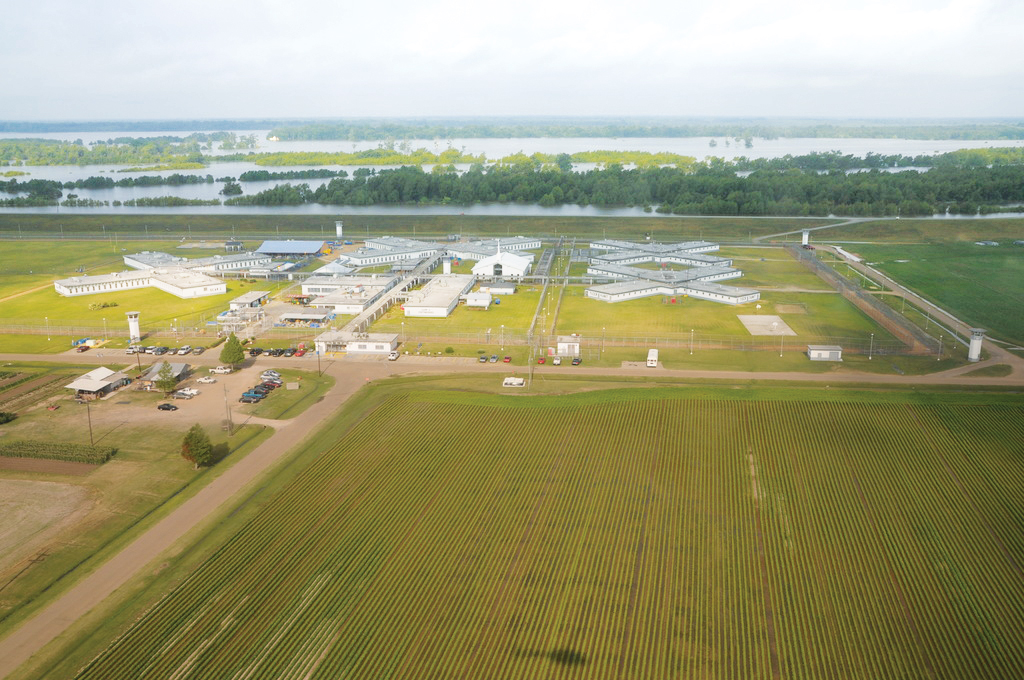Incarcerated forced to work on former slave plantation

A class-action lawsuit seeks to end the Louisiana State Penitentiary’s use of forced labor. The suit filed Sept. 16 by incarcerated persons at the well-known penitentiary asserts that the prison forces them to perform compulsory agricultural labor under unhealthy and hazardous conditions, according to The Associated Press (AP).
A former slave plantation, now a maximum-security facility housing predominately Black prison residents, there are 18,000 acres of farmland at the Louisiana prison—which is also known as Angola. Summer temperatures in the fields often exceed 100 degrees. The heat index sometimes reaches 145 degrees, the minimum temperature for safely cooking meat. The men receive little or no pay for manual labor that includes digging, weeding, and handpicking crops, the article said.
“This labor serves no legitimate penological or institutional purpose,” cited the suit, calling the work “purely punitive, designed to ‘break’ incarcerated men and ensure their submission.”
The lawsuit asserts that refusing to work or failing to meet work quotas may result in solitary confinement or other punishment. The complaint further asserts that summer heat adds additional dangers workers with disabilities and health problems, reported the AP.
The suit alleges that disabled residents have not received accommodations and services required under the Americans with Disabilities Act. According to the suit, the prison forces incarcerated persons to work “notwithstanding their increased risk of illness or injury.”
The plaintiffs consist of four incarcerated persons who work in the fields, in addition to the organization Voice of the Experienced, which is comprised of current and formerly incarcerated persons, 150 of whom remain incarcerated at Angola.
The Associated Press notes that the 13th Amendment to the U.S. Constitution allows forced labor of anyone incarcerated within federal, state, and local detention centers. Although the amendment abolished slavery at the end of the civil war, it exempts persons “duly convicted” of a crime. Some plaintiffs in the suit point out that their convictions took place with non-unanimous juries, which they claim makes them not “duly convicted” within the meaning of the 13th Amendment.
The suit also argues that the work conditions violate the Eighth Amendment that prohibits cruel and unusual punishment, the AP article notes.
The suit names Angola’s warden, officials of the Louisiana Department of Corrections, and its profit-generating Prison Enterprises arm as defendants.
Represented by the legal advocacy organizations Promise of Justice Initiative and Rights Behind Bars, the plaintiffs seek to end the generations-long practice, according the article.